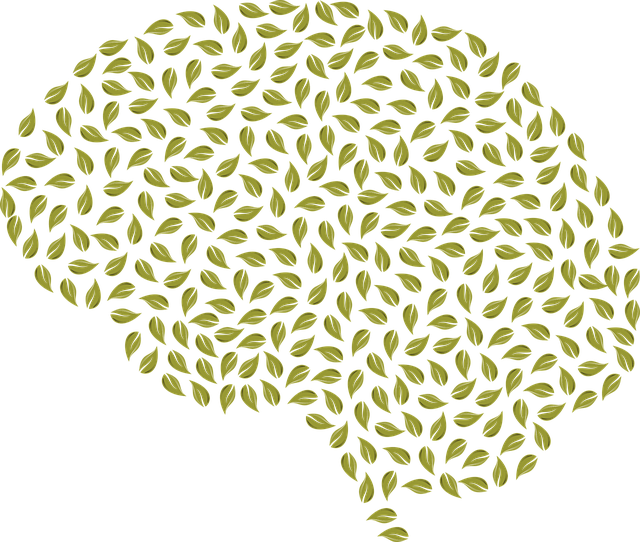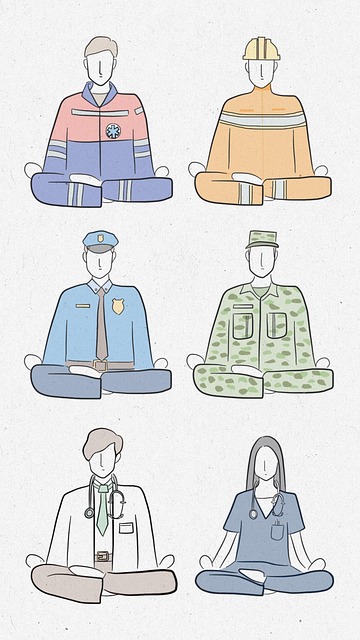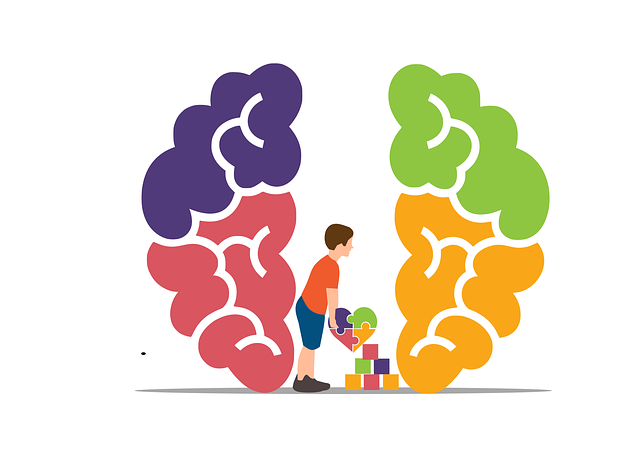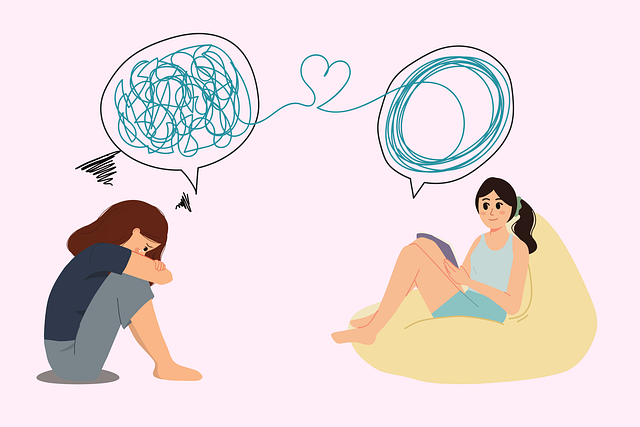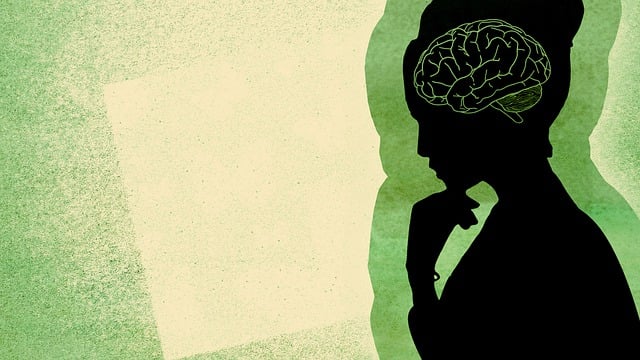Diagnosing mental health conditions in young children requires a multidisciplinary approach involving specialists from pediatric care, psychology, and psychiatry. Early identification is crucial for effective treatment, with comprehensive age-tailored assessments focusing on pain management to address undiagnosed physical manifestations. Innovative therapy methods, such as cognitive behavioral therapy (CBT), combined with cultural sensitivity, improve diagnosis accuracy. Mental health awareness training, burnout prevention strategies, and communication enhancements support children and their caregivers throughout the process, ensuring improved outcomes.
Mental illness diagnosis accuracy in young children is a growing concern, with current methods often falling short. This article delves into the intricacies of improving diagnosis techniques, focusing on early identification for better outcomes. We explore the challenges that impact accuracy and highlight innovative approaches to enhance detection. Additionally, we discuss the integral role of therapy and pain management strategies in supporting young minds. By understanding these aspects, we can strive for more effective care.
- Understanding Mental Health Diagnosis in Young Children
- The Current Challenges and Gaps in Diagnosis Accuracy
- Innovative Approaches to Enhance Diagnostic Techniques
- The Role of Therapy and Pain Management Strategies
Understanding Mental Health Diagnosis in Young Children

Diagnosing mental health conditions in young children presents unique challenges due to their limited communication skills and developing brains. This often requires a multidisciplinary approach, involving paediatricians, child psychologists, and psychiatrists who specialize in early childhood development. Early identification is crucial for effective treatment, as it allows for timely intervention and improved outcomes. The process involves comprehensive assessments, which may include observation, play therapy, and structured interviews tailored to the child’s age and cognitive level.
One key area of focus is pain management, as children with undiagnosed mental health issues may present physical symptoms as a manifestation of their emotional distress. Effective therapy for young children should address both the psychological and physiological aspects of their well-being. Additionally, promoting mental health awareness among caregivers and educators can facilitate earlier recognition of signs, leading to prompt referrals for specialized care. Self-esteem improvement techniques and burnout prevention strategies for healthcare providers are also essential components in supporting both children and their support systems throughout this process.
The Current Challenges and Gaps in Diagnosis Accuracy

The process of diagnosing mental illness, especially in young children, presents unique challenges that often lead to inaccuracies. One significant gap lies in the lack of age-appropriate assessment tools tailored for younger populations. Many existing methods were designed for adults, making it challenging to interpret symptoms and behaviors characteristic of childhood development. This discrepancy can result in misdiagnoses or delayed treatment, as children may express their inner experiences differently than adults.
Additionally, the complexity of mental health issues often involves comorbid conditions, such as anxiety and depression, which can coexist with other challenges like trauma or learning difficulties. Integrating these multifaceted concerns requires comprehensive evaluation strategies. Furthermore, cultural sensitivity is paramount, as societal norms and expectations vary across communities, influencing how mental distress manifests and is perceived. Without proper consideration for these nuances, diagnosis accuracy may suffer, impacting the effectiveness of subsequent therapy for young children and pain management strategies.
Innovative Approaches to Enhance Diagnostic Techniques

In recent years, there has been a significant push to improve mental illness diagnosis accuracy, particularly in young children. Innovative approaches are being explored to enhance diagnostic techniques, ensuring more precise and timely interventions. One such strategy involves integrating advanced therapy methods tailored for young minds, focusing on both psychological well-being and pain management. These therapeutic interventions not only aim to address the symptoms but also to boost confidence and resilience in children, laying a solid foundation for their overall mental health.
Effective communication plays a pivotal role in this process. Healthcare providers are increasingly adopting burnout prevention strategies to ensure they can maintain high levels of empathy and patience. By implementing improved communication strategies, professionals can better understand the nuances of a child’s experience, fostering an environment where young patients feel heard and supported. This collaborative approach is crucial for accurate diagnosis and successful treatment planning.
The Role of Therapy and Pain Management Strategies

Therapy plays a pivotal role in improving mental illness diagnosis accuracy, especially for young children where early intervention is crucial. Child-centered therapy approaches, such as cognitive behavioral therapy (CBT), focus on understanding and modifying thought patterns and behaviors contributing to mental health issues. These therapies are tailored to the child’s age, developmental stage, and unique needs, fostering a safe space for them to express their feelings and learn coping strategies.
Pain management strategies are another essential aspect of holistic mental healthcare. Many mental health conditions manifest with physical symptoms or co-occur with chronic pain. Incorporating techniques like mindfulness, relaxation training, and medication management can significantly alleviate distress associated with both mental illness and physical pain. Cultural sensitivity in mental healthcare practice is paramount, ensuring that these strategies are adapted to address diverse needs and incorporate cultural elements of healing, enhancing the overall effectiveness of treatment and improving diagnosis accuracy. Mental health awareness campaigns and trauma support services also contribute by destigmatizing mental illness and encouraging individuals to seek help without fear or hesitation.
Mental illness diagnosis in young children is a complex process that requires careful consideration. By addressing current challenges, such as lack of age-appropriate assessment tools and limited access to specialized services, we can improve accuracy. Innovative approaches like standardized screening protocols and advanced diagnostic tools are essential steps forward. Additionally, integrating therapy for young children and effective pain management strategies can significantly enhance diagnosis and treatment outcomes. These efforts collectively contribute to a more precise and compassionate approach to mental health care for our youngest population.


